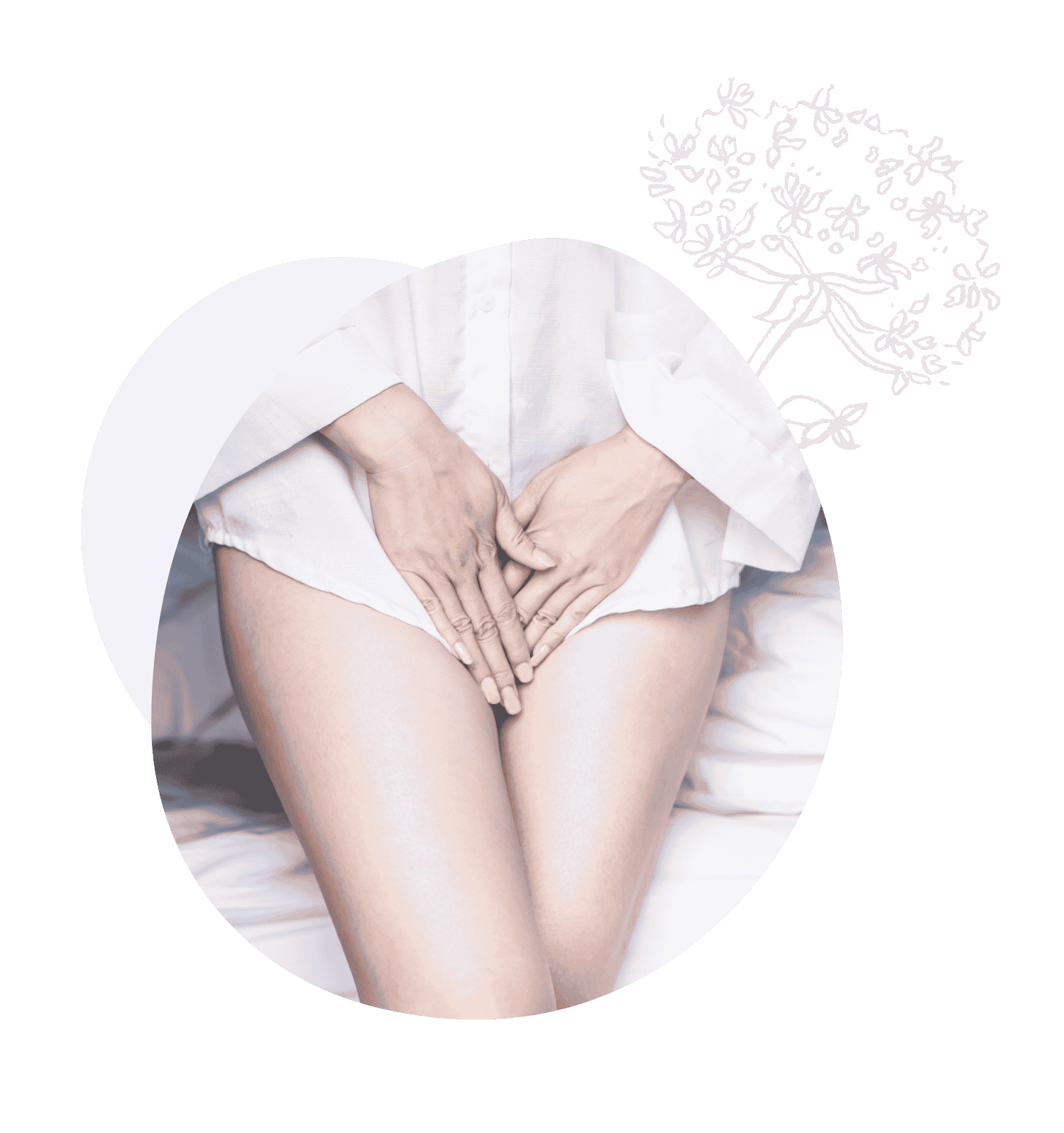menoelle® PLUS tablets
With selected vitamins, plant-based EstroG-100® + saffron

menoelle® – Presented by Dr. med. Patricia Hinzke
menoelle® – The cultivation of the three medicinal plants of the EstroG-100® extract
Menopause – women “in change”. The trailer for the new web series
The menoelle® product family is ideal for women who value naturalness and consciously want to avoid phytoestrogens. Our goal is to meet exactly these needs.
☑️ Our formulations are based on the latest scientific findings.
☑️ Our products are manufactured in Germany under strict quality controls to ensure the highest quality and purity.
☑️ Our dietary supplements are GMP-certified (Good Manufacturing Practice).

During menopause, hormones go on a roller coaster, and around two thirds of all women experience more or less pronounced unpleasant symptoms. Troublesome hot flashes, sudden sweating, unusual mood swings, sleepless nights, constant exhaustion, and fatigue can have a lasting impact on quality of life.
You can order menoelle® directly here in the Menoshop from Germany, Austria, and Switzerland and take advantage of attractive special offers at discounted prices. Alternatively, you can obtain menoelle® from your pharmacy, where you will be happy to receive advice on all of our products.

In South Korea, a country known for its deep connection to nature, plants that have held special significance in traditional Korean herbal medicine have been growing for centuries. Amid gentle hills, where the sun bathes the landscape in soft light, three roots thrive—harvested with mindfulness and respect for generations: Cynanchum wilfordii, Phlomis umbrosa, and Angelica gigas.
The roots of these plants form the basis of the unique plant extract EstroG-100®, which is included in many menoelle® products. Each root has its own story and symbolism: strength, harmony, and vitality. Together, they represent the balance that many people seek during times of change.
Millions of women worldwide trust menoelle®
For many years, products containing the unique plant extract EstroG-100® have been available in the United States, Canada, and South Korea—and are extremely popular among women as support during menopause.
Thanks to the approval of EstroG-100® as a novel food by the European regulatory authority EFSA (European Food Safety Authority) in 2017, menoelle® with this unique plant extract is now also available in Europe. Good news for women going through menopause who are looking for dietary supplements without phytoestrogens and isoflavones!
EstroG-100® – an award-winning concept
The patented plant extract EstroG-100® has won numerous international awards and is considered one of the most successful plant extracts from South Korea.
• Best Botanical Award 2014 (USA)
• World-Class Product Award 2011 (South Korea)
• Gold Medal – Inventions Geneva 2008 (Switzerland)
Our dream team: the popular EstroG-100® extract and highly concentrated saffron in one tablet. Plus a vitamin combination as a nutritional foundation. A smart plant-based combination—once again completely free of phytoestrogens.


Vaginal health is a sensitive topic in many respects. The natural acidic protective barrier and natural vaginal moisture help maintain a healthy balance, which can sometimes be disrupted by various influences. Naturally, menoelle offers products that are as natural as possible and free from phytoestrogens to provide support.
Hormone-related hair loss affects a large proportion of women—and not only during menopause. Hormonal changes can begin as early as the age of 30 and may become noticeable through hair loss.
With menoelle® HAIR med, we have developed a high-quality medical hair care line for women aged 30 and over to counteract thinning and decreasing hair at an early stage in a natural way. A key component of all hair care products is the popular EstroG-100® extract.


menoelle® and Lemondays present a web series on the topic “Women in Transition” – together we explore menopause and, with six wonderful women, aim to bring this topic out of the taboo zone.
Menopause is approaching, and with it, many things begin to change. Get to know the different phases: premenopause, perimenopause, menopause, and postmenopause.


Learn more about the different treatment options, therapies, and support approaches during menopause – from hormone replacement therapy (HRT) to phytoestrogen-free and plant-based alternatives.